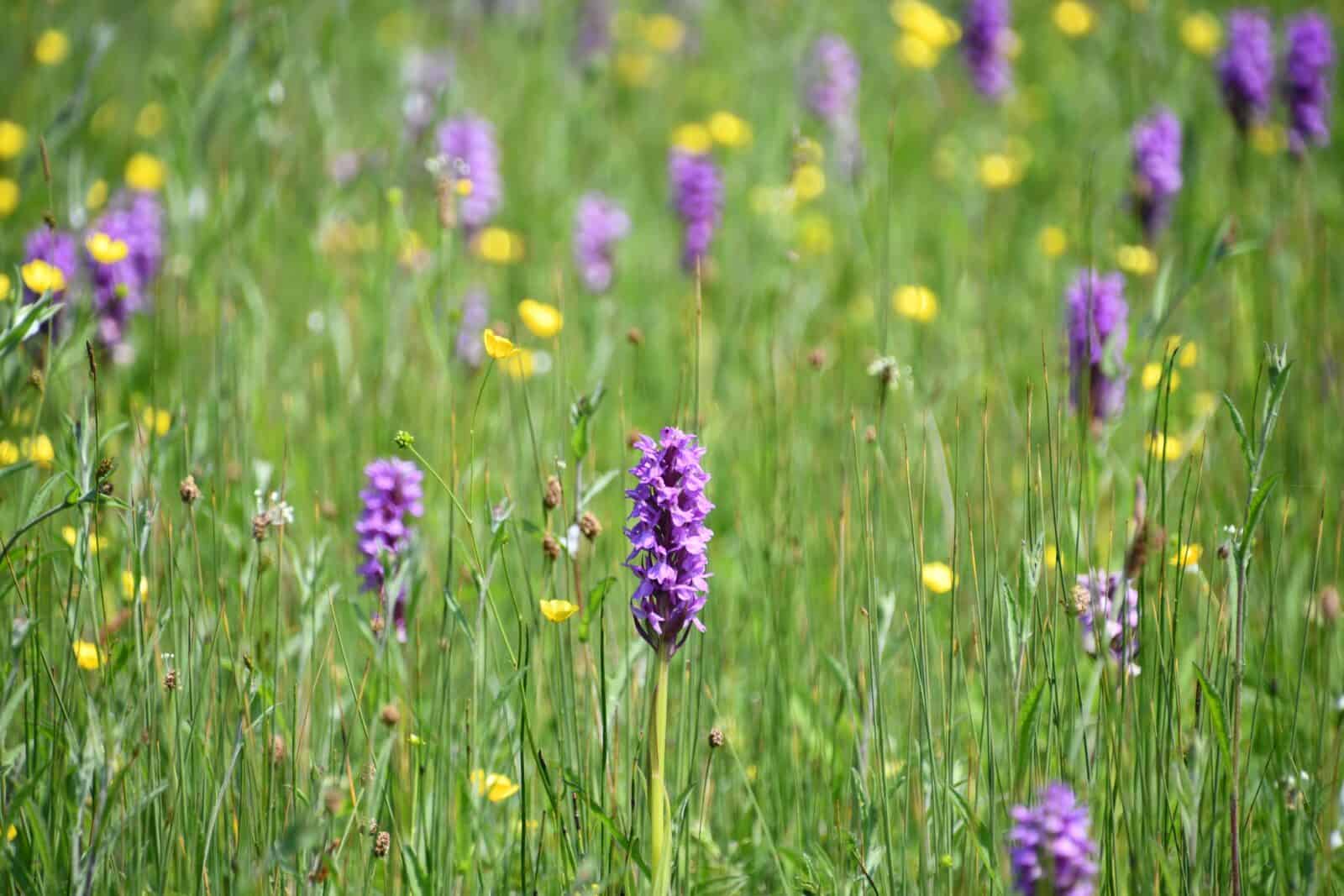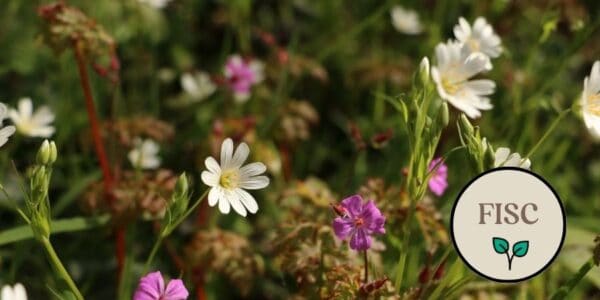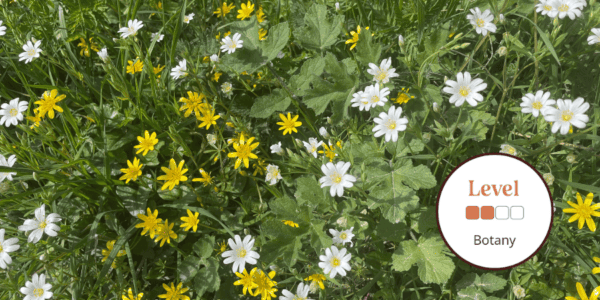This intermediate botanical course is designed for anyone who would like to increase their confidence in working with a flora as a means of identifying and getting to know more about our wonderful yet dwindling heritage of wildflowers.
The plant kingdom is hugely varied and it can be very difficult and daunting to start to identify specimens, especially for families and species that you have never seen before. Most botanists and ecologists start out identifying plants by comparing their specimens to photographs or illustrations in books. This course is aimed at professional and amateur botanists that want to progress from picture book identification onto proper ‘Floras’. By using simple techniques and field guides we aim to identify a wide range of plant families and species, without being put off by the terminology found within Floras.
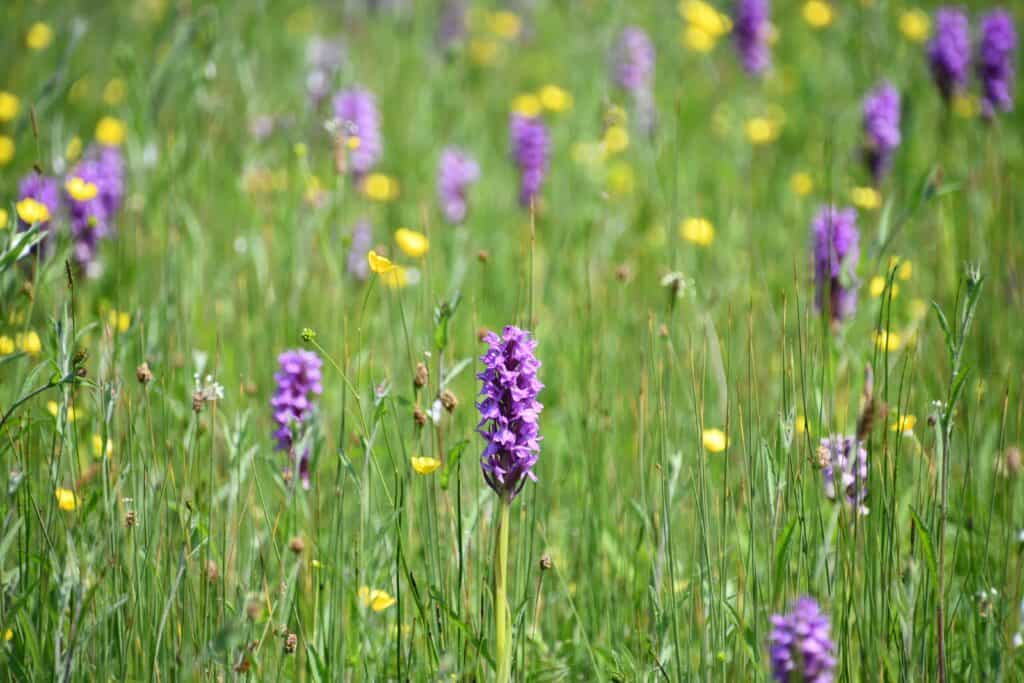
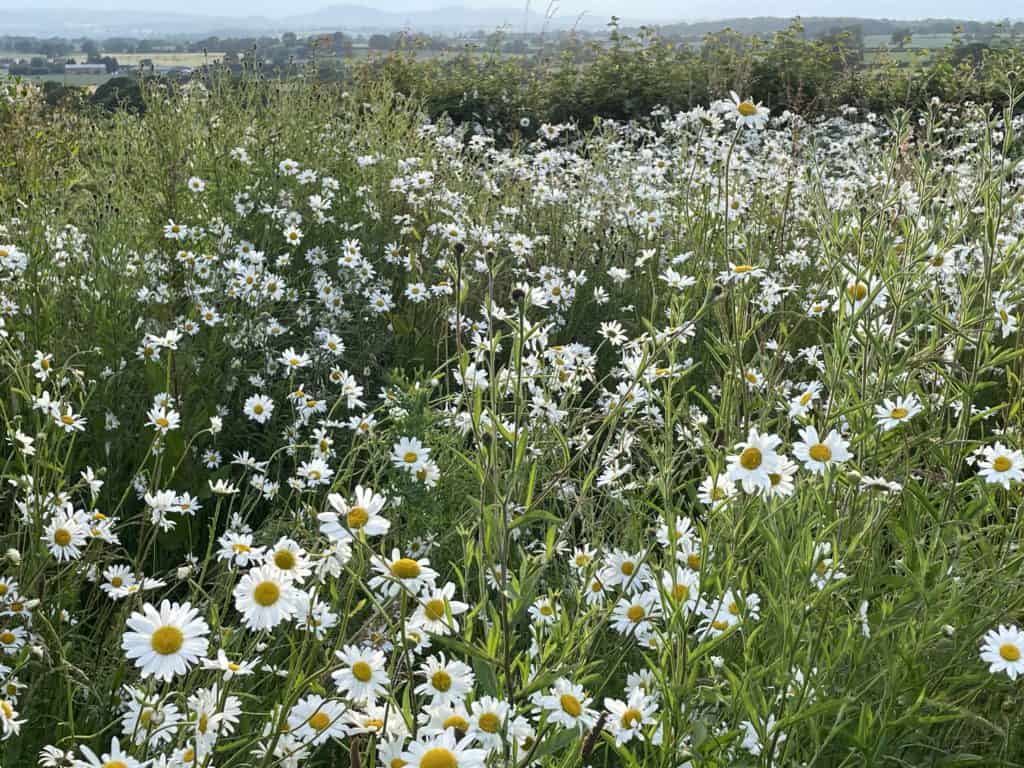
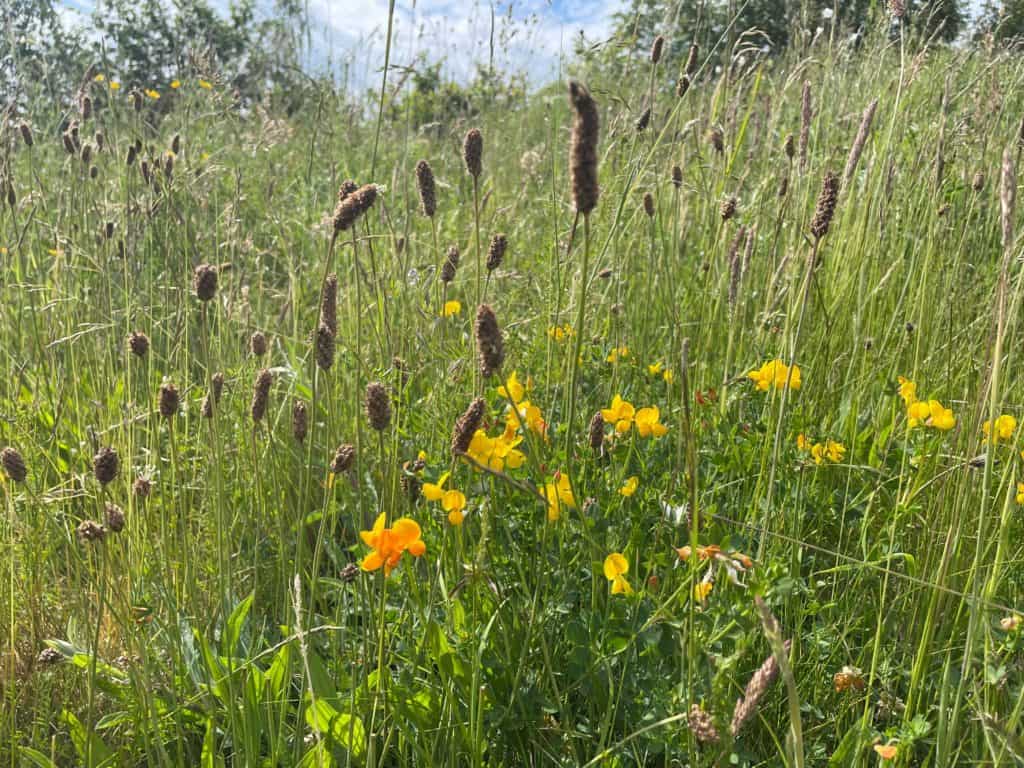
Read More
Your course will start with a revision of basic botanical structures and terminology, moving on to detailed study of a range of individual species, their characteristics and key features, and how they fit into their families. During this course you will have the opportunity to practice your plant identification skills using a range of identification resources, particularly Stace’s New Flora (3rd / 4th editions). A great part of the course will therefore be spent working through keys, which involves looking closely at the intricate and often amazingly beautiful structure of plants.
This course is a good progression for those who have experience of botanical identification but want to make their identifications more robust and reliable; equally, it will suit the complete beginner who has little or no practical experience (other than picture recognition). A systematic, flora-based approach will lead to greater success, accuracy and confidence – familiarity with using a flora certainly turns a somewhat daunting prospect into an irresistible pastime.
What will be covered during this course?
- The course will be delivered through a combination of seminars, laboratory identification sessions and practical field work
- Standard floras in use, with guides as to ease of use and appropriateness
- Using a dichotomous key and multi-access keys
- Use of a botanical glossary
- Distinguishing between diagnostic features and general characters
- Definitions of plant families: diagnostic features of some of the more important families
- Using a variety of keys to identify specimens to species level
- Basic techniques for collecting a voucher specimen and obtaining validation
By the end of the course, you will be able to:
- Distinguish the flowering and vegetative parts of a range of taxa
- Identify a range of common plants to species level using keys and other resources, including members of the ten major plant families
- Construct and interpret floral formulae and understand their use in discriminating between different families, genera and species
Who Should Attend? Natural history enthusiasts, students, rangers, ecologists, and environmental professionals. This intermediate level course is open to anyone with some knowledge of the subject. This course is for those aged 18 and over only.
Knowledge Level – Intermediate. Level descriptors can be found on the following web-page: Framework and Course Level Descriptors
There are two booking options which all include course tuition, meals and refreshments:
- Non-Resident (Breakfast not included)
- Resident (Sole Occupancy)
For course bookings including accommodation please note bathroom facilities may be shared.
MMU Student Information
MMU students – please email [email protected] to book your course place.
Accreditation
This is one of a series of courses (units) run jointly with Manchester Metropolitan University (MMU) contributing to the MSc ‘Biological Recording and Ecological Monitoring’ and the ‘Postgraduate Certificate in Biological Recording’. MMU students complete assessed work after the course. For further details about Manchester Metropolitan University degree programmes please contact:
Department of Natural Sciences, Manchester Metropolitan University, (Shrewsbury Office). Email: [email protected]
- Upon booking you will need to provide individual details of all attendees.
- Please email [email protected] if you have any questions.
Assessment
For Manchester Metropolitan University students, the Unit will be assessed through, for example, identification tests, survey reports, field journals, production of keys, essays or other forms of assessment. In course tests are optional and less formal for participants who are not MMU students.
MMU students will be required to complete a portfolio comprising of two parts:
Part 1: At the end of the course a test with a range of specimens. Points awarded for correct identification, and critical comparison between specimen and superficially similar/related species. (Equivalent to 500 words).
Part 2: Collect a range of species representing at least 3 families. Create voucher specimens, with full biological records. Key diagnostic features to be listed for each species, comparing and contrasting how these differ from analogues species (these can be presented on the voucher specimen or separately as detailed notes). Design and construct a dichotomous key to your collection of specimens selecting strong taxonomic characters, that distinguish them from other species within the collection. (Equivalent to 1500 words).
Example Timetable
PLEASE NOTE 11:00 am start on Friday
This timetable is subject to change but should give an outline of what to expect.
If you have booked accommodation with the Centre your bedroom will be ready from 3.00 pm onward on the day of arrival and we ask that you vacate by 9.30 am on the morning of departure.
If numbers are sufficient a station pick up can be arranged from Shrewsbury Station.
The evening meal is at 6.30 pm
After dinner there is a classroom session 7.30 pm - 9.00 pm
The course ends at 4.00 pm on the final day.
Time will be made available for eating packed lunches during the day.
Starting on Friday at 11.00am, finishing on Monday at 4.00pm
Mornings and evenings will generally be spent in the classroom studying plant specimens with the aid of the Centre’s equipment, especially books and microscopes. Site visits will take place in the afternoons. None of the visits will involve much walking but we will see a wide range of habitats from neutral grassland to moorland, limestone rocks and fen, in the beautiful setting of the Shropshire hills.
Friday: Introduction to botanical identification, using keys to make accurate identifications, getting familiar with some common plant families.
Saturday: Introduction to vegetative features used in botanical identification.
After lunch out to Colemere, to put into practice botanical skills and using keys.
Return to base for dinner, followed by looking at different types of fruits and seeds and how these can be used in botanical identification.
Sunday: Introduction to more plant families, and building on experience gained the previous days.
After lunch out to Snailbeach and concentrating on the Daisy family including a range of yellow Dandelion look-a-likes.
Return to centre and dinner, followed by looking at constructing a botanical key to a group of species and how this can help your own use of keys.
Monday: Lab session in morning until lunch time.
Post lunch the test (that is a requirement for those taking the course for credits). Non-credit participants will also join in because the test is quite informal and they will be given help (and told the answers) as they wish.
Plentiful opportunities for breaks will be taken during the day as appropriate.
What's Included
What’s included?
- Classroom learning covering the theory of the subject
- Field excursions to apply new knowledge
- Expert tuition for which the Field Studies Council is renowned
- Clear objectives and progression
- All meals are included EXCEPT: No packed lunch will be included on the Friday, please bring your own packed lunch and refreshments, the first meal provided will be the evening meal on day of arrival.
You can rest assured that the absolute best content from an expert in environmental education will be provided. In choosing thsi course, you will be joining thousands of people who learn with us each year.
Bursaries and Subsidies
Natural History Bursaries
There are a number of natural history bursaries available to help with the cost of your course. To find out if you and your chosen course are eligible, read more here.
Before You Attend
There will be a member of staff with first aid training and access to a first aid kit on site. If you have special medical or access requirements, please let us know as soon as possible so we can make any necessary adjustments.
What to Bring
There will be some excursions out into the grounds of FSC Preston Montford, so we do advise you to bring warm, waterproof outdoor clothing with you as well as stout walking shoes or boots but most of the course takes place indoors.
- Stout walking shoes or boots
- Outdoor clothing suitable for all potential weather conditions
- Sandwich box, vacuum flask / drinks container
- Small rucksack or bag
- Field notebook and pencil
- Dissecting kit (scalpel and forceps) – if you have a set
- x10 or x20 hand lens if you possess one*
* hand lens and some books may be available to purchase, provided you pre-order by contacting Preston Montford Field Centre before-hand.
Recommended Books
- New Flora of the British Isles by Stace (CUP ideally 4th edit)
- Field Flora of the British Isles by Stace, 1999.
- The Wild Flower Key. Rose, F. and O'Reilly, C. 2006.
- Wild Flowers of Britain and Ireland, by Blamey, Fitter & Fitter, 2003.
- Common Families of Flowering Plants, by Hickey & King, 1997.
- Illustrated Glossary of Botanical Terms. 2000. Hickey, M. and King, C.
- Describing Flowers – A Guide to the structure of flowers and to their identification features. 1996. Bebbington, A. & Bebbington, J. FSC Fold-out Guide
- Illustrated Glossary of Botanical Terms. 2000. Hickey, M. and King, C.
- And/or any other books you are accustomed to using.
Opportunities to attend this course
-
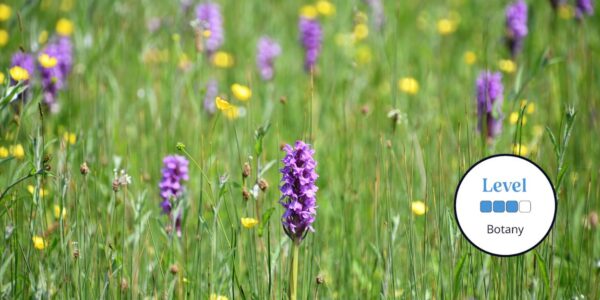
Fri 07, June 2024 11:00 - Mon 10, June 2024 16:00
MMU students - please email [email protected] to book your course place.
Progress Your Learning
This is a training course from the Field Studies Council, delivered by expert tutors with an approachable learning style. After attending this course, you may like to progress your learning with further relevant courses or branch out into other areas of natural history. The Field Studies Council offers both online and in person courses, so you can choose the learning style that suits you best.
The course gives you the opportunity to immerse yourself in a new subject and acquire novel skills. Our online portal gives you time to study at your own pace and fit the lessons around your own schedule.
If you have any questions about our online courses please check our Frequently Asked Questions
Please email [email protected] if you have any questions.
Group Bookings Made Easy
If you have a group of 10 or more individuals wanting to complete one of our courses, our team are available to discuss your options – from discounts to private team courses. Find out more!
You can rest assured that the absolute best content from an expert in environmental education will be at your fingertips. In choosing a Field Studies Council course, you will be joining thousands of people who learn with us each year.

